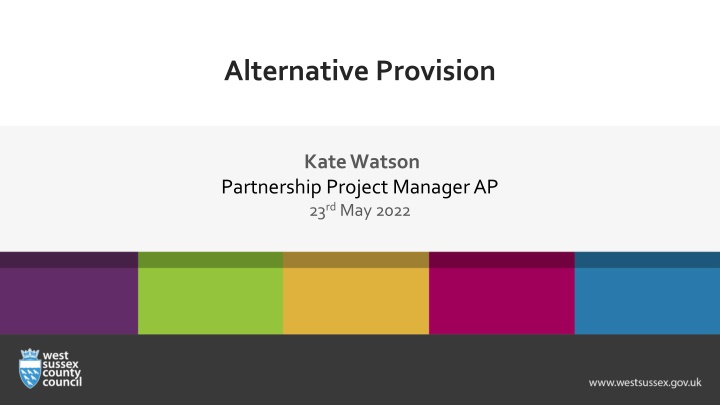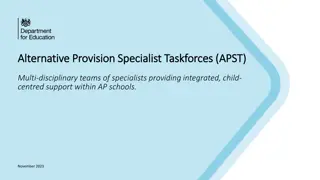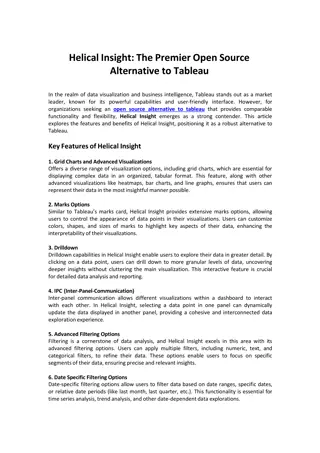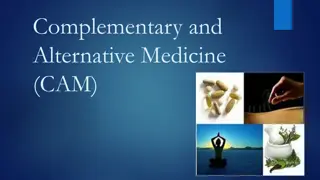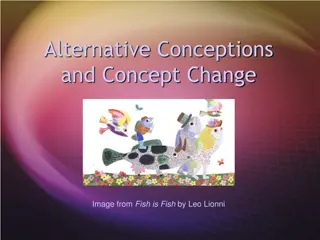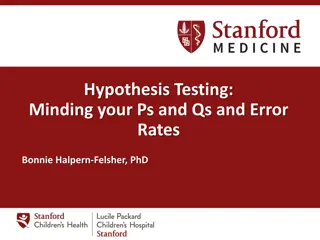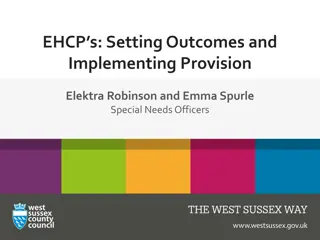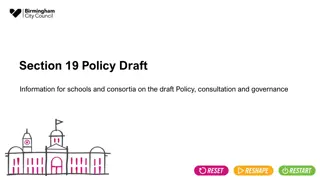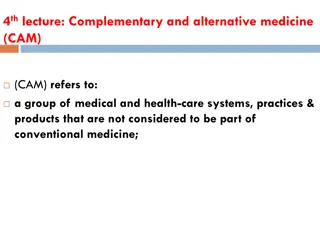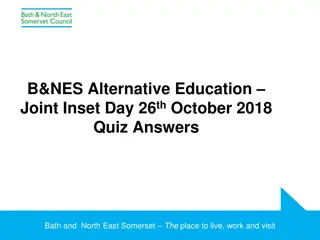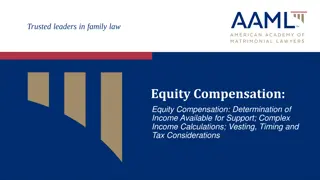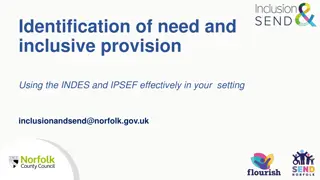Innovative Approach to Alternative Provision in Education
Presentation by Kate Watson, Partnership Project Manager, discussing Definitions of Alternative Provision (AP) as per DfE guidance and OFSTED standards. The presentation highlights the SEND and Inclusion Strategy for pupils with SEMH needs, resources developed through strategy tools, and the vision to create a flexible and needs-led Alternative Provision system in West Sussex.
Download Presentation

Please find below an Image/Link to download the presentation.
The content on the website is provided AS IS for your information and personal use only. It may not be sold, licensed, or shared on other websites without obtaining consent from the author.If you encounter any issues during the download, it is possible that the publisher has removed the file from their server.
You are allowed to download the files provided on this website for personal or commercial use, subject to the condition that they are used lawfully. All files are the property of their respective owners.
The content on the website is provided AS IS for your information and personal use only. It may not be sold, licensed, or shared on other websites without obtaining consent from the author.
E N D
Presentation Transcript
Alternative Provision Presentation Title Presenter Name Job Role Date Kate Watson Partnership Project Manager AP 23rd May 2022
Definitions of AP - 1 DfE guidance: Alternative Provision Jan 2013 Education arranged by local authorities for pupils who, because of exclusion, illness or other reasons, would not otherwise receive suitable education; education arranged by schools for pupils on a fixed period exclusion; and pupils being directed by schools to off-site provision to improve their behaviour.
Definitions of AP - 2 OFSTED Alternative Provision July 2014. A three year survey OfSTED into alternative provision by OfSETD takes a more strategic view. Alternative provision can be defined as something in which a young person participates as part of their regular timetable away from the site of the school or the pupil referral unit where they are enrolled and not led by school staff
SEND and Inclusion Strategy Identification of areas for improvement for pupils with SEMH needs: Higher than average permanent exclusion rates Mainstream provision not meeting need Use of unregulated alternative provision and pressure on the Alternative provision College Recognition of requirement for more effective learning environments Recognition of increasing mental health needs exacerbated by the pandemic
Resources developed through strategy Tools for Schools website Ordinarily Available Inclusive Practice guidance Inclusion Framework audit tool Training in Therapeutic Approaches (led by Angie Wadham), trauma informed approaches support the use of alternative provision to meet needs. This led to the development of the AP strategy from September 2021.
Vision Our vision is to develop a flexible and needs led Alternative Provision system, that is a proactive and collaborative feature of the West Sussex education landscape, aiming for pupils to have the skills and resilience to thrive in their mainstream setting.
Vision cont 2 Recognise a collective responsibility for delivering effective, early intervention cross-phase, supporting children and young people that are at risk of exclusion, preventing the need for suspension and permanent exclusion. Provide, where permanent exclusion happens as a last resort, an effective educational and therapeutic provision to enable children and young people to return to a mainstream school or setting wherever possible and achieve their very best outcomes. Develop primary provision offering nurture and therapeutic based settings providing a short-term intervention, where required, with a focus on a well-planned return to mainstream
Vision cont 3 Offer alternative pathways to post 16. Keep children s provision as close to home as possible. Reduce primary permanent exclusion to 0% and see a decrease in secondary exclusion for specific categories e.g., persistent disruptive behaviour. Ensure that independent provisions are quality assured by WSCC and that West Sussex children are monitored and their pathway to mainstream is planned and transition supported. Be confident that needs are identified early through good assessment and there is access to training and timely support.
Strategy Aims The strategy aims to reduce the number of children and young people being permanently excluded from school West Sussex schools by working in partnership to: Transform the way in which early intervention alternative provision is commissioned, ensuring early mainstream intervention and improved outcomes for vulnerable children and young people in a safe and QA environment. Ensure the resources and provision available to children and young people at risk of permanent exclusion is of the highest quality. (Consider use of the AP Quality toolkit)
Strategy Aims cont learning environments that are fit for purpose and support effective learning a high-quality curriculum that is tailored to meet the needs of pupils attending these provisions, including effective transitions effective systems and processes for the assessment of children and young people s needs improved multi-agency collaboration and communication to ensure support/services are targeted and available at the point of need targeted outreach support for children and young people with high levels of dysregulated behaviour in mainstream schools, avoiding placement change where possible planned re-integration packages as part of the exclusion process reduced costs associated with alternative provision by ensuring effective use of funding and over time supporting the sustainable delivery of the High Needs budget. appropriate provision for KS4 learners to explore alternative curriculum pathways.
SEND review 2022 Chapter 4: A reformed and integrated role for alternative provision A -make alternative provision an integral part of local SEND systems by requiring the new local SEND partnerships to plan and deliver an alternative provision service focused on early intervention B - give alternative provision schools the funding stability to deliver a service focused on early intervention by requiring local authorities to create and distribute an alternative provision-specific budget C - build system capacity to deliver the vision through plans for all alternative provision schools to be in a strong multi-academy trust, or have plans to join or form one, to deliver evidence-led services based on best practice, and open new alternative provision free schools where they are most needed D -develop a bespoke performance framework for alternative provision which sets robust standards focused on progress, re-integration into mainstream education or sustainable post-16 destinations E - deliver greater oversight and transparency of pupil movements including placements into and out of alternative provision F - launch a call for evidence, before the summer, on the use of unregistered provision to investigate existing practice
